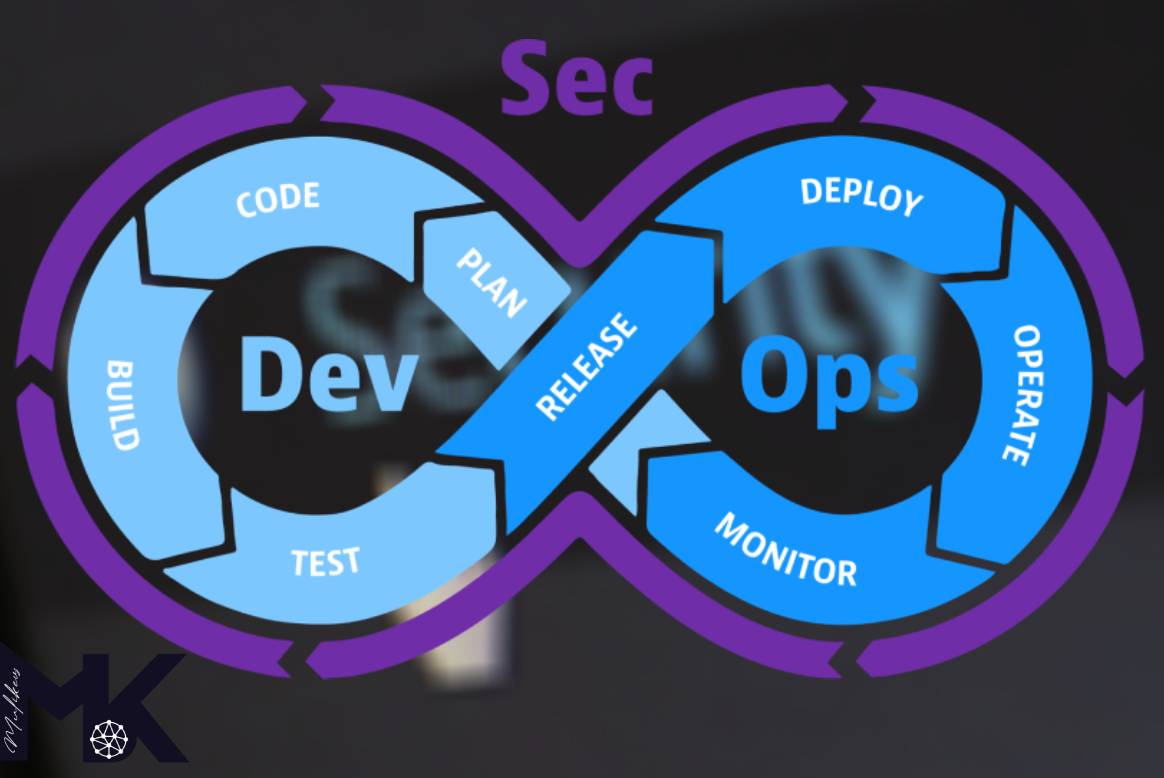Improving Your Software Development: The DevSecOps Approach
CI/CD
In today's rapidly evolving digital landscape, the need for secure and reliable software is more critical than ever. This is where DevSecOps comes into play, a set of practices that combines the principles of DevOps with a strong emphasis on security. In this blog post, we'll explore the differences between DevSecOps and DevOps, highlight the benefits of the DevSecOps approach, and provide best practices for successful implementation.
What is DevSecOps?
DevSecOps, short for Development, Security, and Operations, is a methodology that integrates security into the software development lifecycle (SDLC). Unlike traditional approaches where security is often an afterthought, DevSecOps emphasizes the importance of building security into your software from the very beginning.
Distinguishing DevSecOps from DevOps
While DevOps primarily focuses on streamlining the development and deployment processes, DevSecOps takes this a step further by incorporating security practices throughout the entire SDLC. The key differences between the two can be summarized as follows:
DevOps:
- Emphasizes rapid software development and deployment.
- Aims to improve collaboration between development and operations teams.
- May address security concerns but often as a separate step or after software is deployed.
DevSecOps:
- Prioritizes security as an integral part of the development process.
- Promotes close collaboration between development, security, and operations teams.
- Proactively identifies and mitigates security vulnerabilities throughout the SDLC.
Benefits of the DevSecOps Approach
Adopting DevSecOps practices offers several significant advantages for organizations:
- Improved Security: By integrating security at every stage, DevSecOps helps organizations build more robust and secure software.
- Reduced Risk of Security Breaches: Identifying and addressing security vulnerabilities early in the development process significantly lowers the risk of breaches.
- Compliance with Security Regulations: DevSecOps ensures that your software meets security requirements, helping you comply with industry-specific regulations.
- Faster and More Reliable Software Releases: Automation and security integration enable faster, more predictable software deployments.
DevSecOps Best Practices
Implementing DevSecOps successfully requires a strategic approach and adherence to best practices:
- Start Small and Scale Up: Begin with a few selected projects and gradually expand your DevSecOps adoption. This minimizes disruption and allows your team to adapt to the new practices.
- Automate Everything: Automation is the cornerstone of DevOps and DevSecOps. Automate security tasks to free up your team's time for more strategic work.
- Use the Right Tools: A wide range of DevSecOps tools is available, so choose the ones that align with your team's needs and your organization's goals.
- Measure Everything: Regularly evaluate and measure the impact of your DevSecOps practices. This data-driven approach helps you identify areas for improvement and maximize the return on your DevSecOps investments.
"The only truly secure system is one that is powered off, cast in a block of concrete and sealed in a lead-lined room with armed guards." - Gene Spafford
Conclusion
DevSecOps is a powerful methodology that enhances the security, compliance, and efficiency of software development. By integrating security into the development lifecycle and adhering to best practices, organizations can build software that is both secure and reliable. To successfully implement DevSecOps, secure buy-in from all stakeholders, foster a culture of security awareness, and consider using DevSecOps platforms to streamline your practices. Lastly, remember that DevSecOps is an ongoing process, and continuous monitoring and improvement are crucial for long-term success.
Improving Your Software Development: The DevSecOps Approach
 "Security is not a product, but a process." - Bruce Schneier
"Security is not a product, but a process." - Bruce Schneier
October 27, 2023

